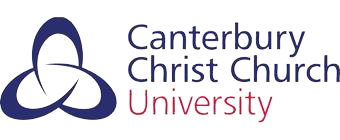The BA English Language and Linguistics provides a range of study and subsequent career options. You can ‘mix-and-match’ the option modules to reflect your interests, or you can select one of three pathways broadly corresponding to three of the main areas covered in the degree: the English Language Teaching Pathway, the Communication Pathway and the Applied Linguistics Pathway. All three pathways provide a sound basis for the study of English Language.
The English Language Teaching Pathway offers theoretical instruction and practical training for the teaching of English as a foreign language, including the internationally recognised CELTA teaching qualification. The Communication pathway provides background in communication studies, including intercultural and professional communication.
These provide valuable transferable skills for any profession in today’s global employment market, but render you particularly suitable trained for any post involving communication with stakeholders and requiring a high degree of intercultural expertise and sensitivity (for example in business, policing or civil service). The third pathway, Applied Linguistics, is also concerned with issues of culture, identity and society, but is more linguistically oriented. Students who have followed this pathway have a firmer grounding for pursuing careers including producing language (in writing, speaking or multiple modes), such as journalism, public relations, copy writing and publishing, in both traditional and new media. Providing these pathways enables you to choose more easily combinations of modules that suit not only your interests but also your aspirations for future careers, and make the focus of your degrees and training more visible to employers.














